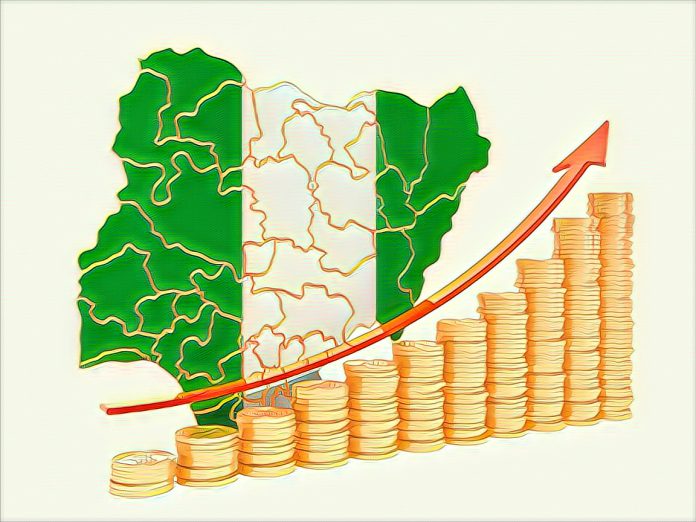During a keynote speech at the Lagos Business School, U.S. Deputy Secretary of the Treasury Wally Adeyemo highlighted four key economic reforms for Nigeria and stressed the mutual prosperity of both countries.
In his address, “U.S.-Nigeria Economic Relations: People, Entrepreneurship and Investment,” Adeyemo emphasized the need for a stable naira, the eradication of corruption, the protection of Nigeria’s financial infrastructure’s integrity, and a fiscal strategy focused on investing in essential sectors of the Nigerian economy.
On foreign exchange stability, he noted, “Nigeria must unify its foreign exchange rates to attract foreign investment.” He appreciated Nigeria’s efforts in this area and warned against backward steps.
While discussing the end of fuel subsidies, Adeyemo acknowledged the strain on Nigerians but also pointed out the opportunity to redirect government funds to infrastructure, education, and support for small businesses.
This Day Live reported his strong stance against corruption. He mentioned the public’s eagerness for progress and the looming concerns about mismanagement, saying, “For economic opportunities to arise, the government must address these fears by actively fighting corruption.”
Adeyemo also suggested that the government digitalize functions, including visa and business license applications, to boost efficiency and limit corrupt practices. He further highlighted the need to safeguard Nigeria’s financial system, stating that bolstering banking security would curb illegal financial actions, benefitting both national and international stakeholders.
He commended Nigeria’s leadership for upholding global financial integrity standards and confirmed the U.S.’s commitment to supporting oversight of financial institutions, implementing controls in high-risk areas, and facilitating necessary investigations.
On the bilateral front, he said, “Both the administration of President Bola Ahmed Tinubu and the U.S. recognize Nigeria’s challenges and potentials. The U.S. is ready to work closely with Nigeria towards a promising future.”
Adeyemo celebrated the global impact of the Nigerian community, applauding entities like Dangote Group and Zenith Bank, as well as cultural luminaries such as Wole Soyinka and Chinua Achebe.
He wrapped up by underscoring the significance of Nigeria’s small to medium-sized businesses, encouraging the Nigerian government to shift from being an obstacle to a facilitator.
Prof. Enase Okonedo, Vice Chancellor of the Pan Atlantic University, emphasized the value of Adeyemo’s visit and reflected on the potential for strengthening U.S.-Nigeria trade ties.



